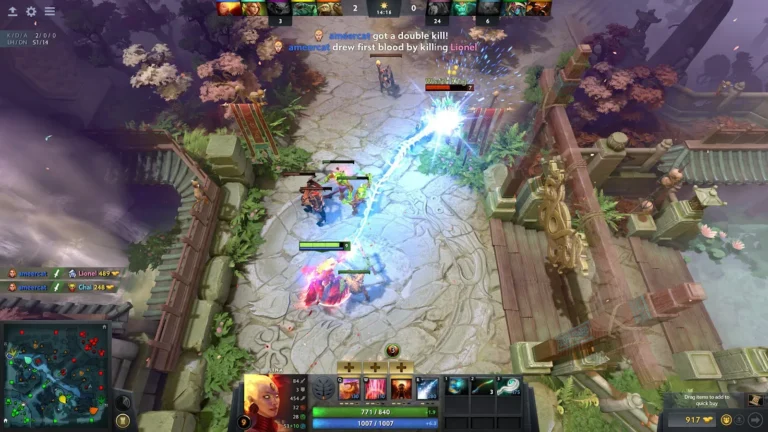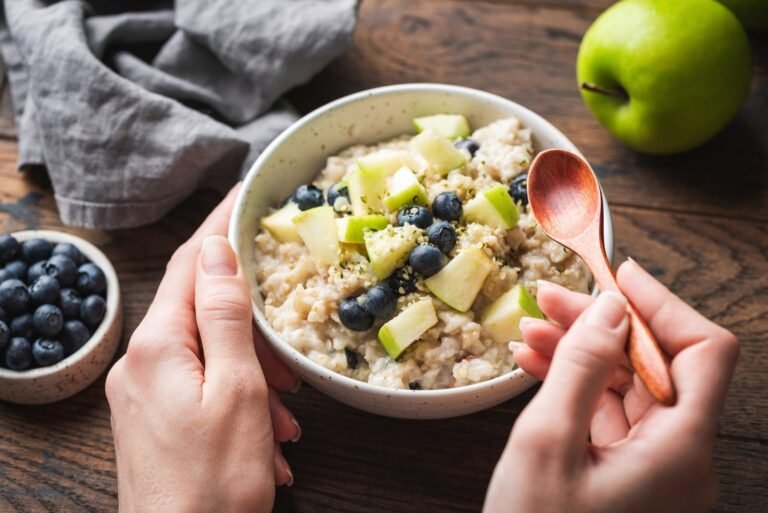45+ Roasts That Hurt and Rhyme: Your New Arsenal of Verbal Burns
Words cut sharper when they rhyme. A good roast doesn’t just sting—it echoes in the mind. If you want to deliver burns that leave a mark, these roasts that hurt and rhyme will help you master the craft. From casual banter to major rap battles, this guide gives you over 45 rhyming roasts, techniques, and examples to sharpen your game.
What Makes Roasts That Hurt and Rhyme So Effective
The power in roasts that hurt and rhyme lies in three key elements: rhythm, relatability, and punch. Rhythm comes from rhyme and cadence; relatability comes from truths people recognize in themselves or others; punch comes from the twist or contrast—where what someone claims vs what is real are set against each other.
Research in verbal persuasion shows that rhyming statements are not only easier to remember, but are also seen as more truthful (the “rhyme as reason” effect). So when you deliver a roast that hurts and rhymes, you’re not just being funny—you’re being memorable. The setup often leads the audience to expect one thing, then you hit them with the twist—and the rhyme seals it.
Hilarious Rhyming Burns That Hurt Without Haunting
Sometimes the goal isn’t war—it’s laughter. Funny roasts that hurt and rhyme are perfect for those moments when you want to tease without causing damage. The art is in exaggeration and absurdity: pointing out minor faults, playing with puns, or twisting familiar sayings.
Here are examples:
You boast you’re prime, but you can’t keep time.
You show off your might, but your light’s just slight.
You try to inspire, but spark no fire.
You act real tough, when softness is your bluff.
These lines rhyme (“prime/time”, “might/slight”, “inspire/fire”, “tough/bluff”) and deliver gentle ridicule. They are good for texting, social media comments, or when joking around with friends, because they’re funnier than they are fatal.
Versatile Rhyming Roasts for Rap Battles and Mic Duels
To win a rap battle, you need roasts that hurt and rhyme with structure. Think about rhyme schemes (AABB, ABAB, internal rhymes), timing (pauses, emphasis), and building tension. A great battle bar might begin softly, then crescendo into the hard burn.
Here are battle‑ready roasts:
You craft your myth large, but your truth stays small.
You thunder your claim, yet your spirit is tame.
You preach you’re the sage, but you war with your rage.
You boast you create, but your work’s second rate.
These work because they combine personal attack (on authenticity, calm vs rage, claimed greatness vs actual output) with flowing rhyme (“large/small”, “claim/tame”, “sage/rage”, “create/rate”).
Deeply Savage Roasts That Rhyme and Leave No Shelter
Some roasts don’t let up. They dig, expose, press. These savage roasts that rhyme are meant to take someone off balance, highlight lies, pride, or weakness—especially hypocrisy or false confidence.
Here are harder‑hitting examples:
You talk about honor, yet betray every honor.
You crown yourself king, but your court holds none.
You slam down the world, yet your hands are curled.
You war with your mirror, see nothing clearer.
These roasts hit identity, status, integrity. Rhymes (“honor/honor”, “king/none” (approximate), “world/curled”, “mirror/clearer”) carry the insult with weight. Use in serious battles, theatrical performance, or when the audience expects damage.
Sophisticated Roasts That Hurt and Rhyme for Aduls
Adults live in reputations, choices, regrets. Roasts that hurt and rhyme for adults work best when they touch themes like failure, responsibility, hypocrisy, or ambition. They should be sharp, yet polished—no crude insults unless that’s the style.
Some examples:
You claim you guide paths, but you lose your own map.
You preach fearlessness, but quake at your past steps.
You show faces of triumph, yet inside you drown in regret.
You write about love, but your voice echoes neglect.
These rhymes (“paths/map”, “fearlessness/steps”, “triumph/regret”, “love/neglect”) connect with things many people care about deeply. When delivered with gravitas, they sting more than playful jabs.
Kid‑Friendly Rhyming Roasts That Hurt (a Little) and Teach
Children respond to rhyme early, and using roasts that rhyme for kids can teach them language, rhythm, and friendly competition. The key is to keep roasts lighthearted, silly, harmless.
Here are kid‑safe roast rhymes:
You chase the swing, but miss the ring.
You count your stars, but ignore what’s yours.
You fly your kite high, but don’t reach the sky.
You skip your task, yet still want the mask.
These lines rhyme (“swing/ring”, “stars/yours”, “high/sky”, “task/mask”) and touch on common child experiences—playing, imagining, responsibility. They’re perfect for classrooms, friendly jests, or when kids are inventing roast contests.
Micro‑Roasts: Short Cuts That Hurt and Rhyme
When you need a quick shot, short roasts that hurt and rhyme win the duel. They’re fast, sharp, and easy to drop. No room for fluff.
Sample micro‑roasts:
Fake quake.
Lost cost.
High cry.
Glow low.
Game lame.
Each is just two words (or short phrase), with rhyme or slant rhyme, and a punch. Use them when someone tries to diss you briefly, or when you want to respond in chat or during fast exchanges.
Extended Rhymes: Long‑Form Burns That Hurt and Rhyme Deeply
Longer rhymes let you build scenes, contrast ideals vs reality, and deliver arcs. These long roasts that hurt and rhyme are often reserved for rap cyphers, poetry slams, or high‑stakes battles.
Examples:
You rise with applause, expecting the throne, yet when silence greets your entrance, truth is shown. You walk with bold words, proud of your name, but you tremble when whispers recall your shame.
Another:
You mold your vision in gold, paint dreams vivid and cold, but behind that shine your doubts unfold. You promise the crowd wonders, deliver mere blunders, while your echo fades under weight of your own thunder.
Here the rhyme (“applause/throne” (approximate), “bold/shame”, “vision/golden/cold”, etc.) builds momentum. The imagery, contrast, and tone accumulate to a strong finish.
Poetic Rhymes & Lines: Roasts That Hurt and Ryme Like Verses
Putting together roast poems or memorable bars adds artistry. When you structure multiple rhyming roast lines, you elevate from insult to performance. People remember poems.
Here’s a roast poem:
You charm with soft words, but your hands hold strife,
You boast of bright life, yet your nights lack light.
You preach of your fights, but you fear the height,
You build dreams in sight, but collapse at first flight.
And a single roasting bar:
Your voice echoes bold lies, while your heart quietly cries.
These lines rhyme (“strife/light/fights/height/sight/flight”) and mix metaphor, contrast, truth. They hurt because they confront inner contradictions.
Digital Battlegrounds: Where Roasts That Hurt and Rhyme Get Seen
It’s not enough to write a good roast—you also need to drop it in the right place. Popular platforms for roasts that hurt and rhyme shape the style, length, and delivery.
On TikTok, trend‑driven verses or rhymes perform well when paired with visuals, beat, and edit. On YouTube, longer format allows building tension, storytelling, or callouts. In Roblox / Fortnite / online game chats, speed matters—shorter rhymes where everyone can read and respond fast. In Twitter / X, concise and punchy rhymes go viral in threads or quotes. In live rap battle events, stage presence, volume, and emotion add weight to rhymes.
Understanding platform culture—what’s acceptable, what feels over the top—makes a difference.
Wrapping It Up: Using Roasts That Hurt and Rhyme Wisely
Roasts that hurt and rhyme are powerful tools. They can entertain, affirm, or dominate. But with power comes risk: misplace a roast and you hurt someone unnecessarily; misjudge tone or timing and you look insensitive.
Always assess your audience. If people expect it—rap battle, roast night—they’ll receive rhyming burns better. Among friends, make sure it’s playful. Public or mixed audiences demand caution. Practice rhyme schemes, word choice, delivery. Try writing down lines, reading them aloud, feeling the rhythm.
With thought, wit, and empathy, your rhymes will not only hurt—they’ll impress. Use your new arsenal wisely; let your burns rhyme, but let them also reflect who you want to be.






